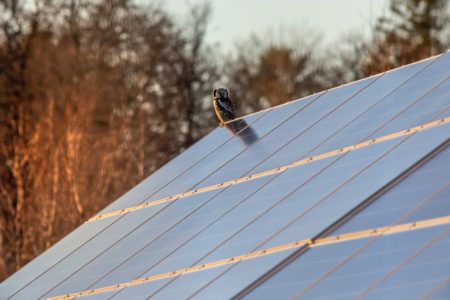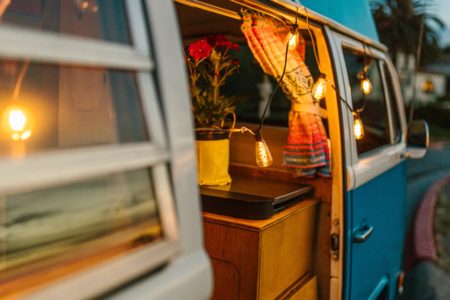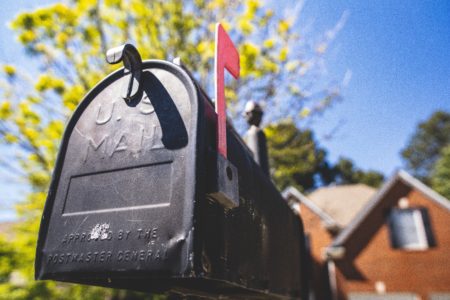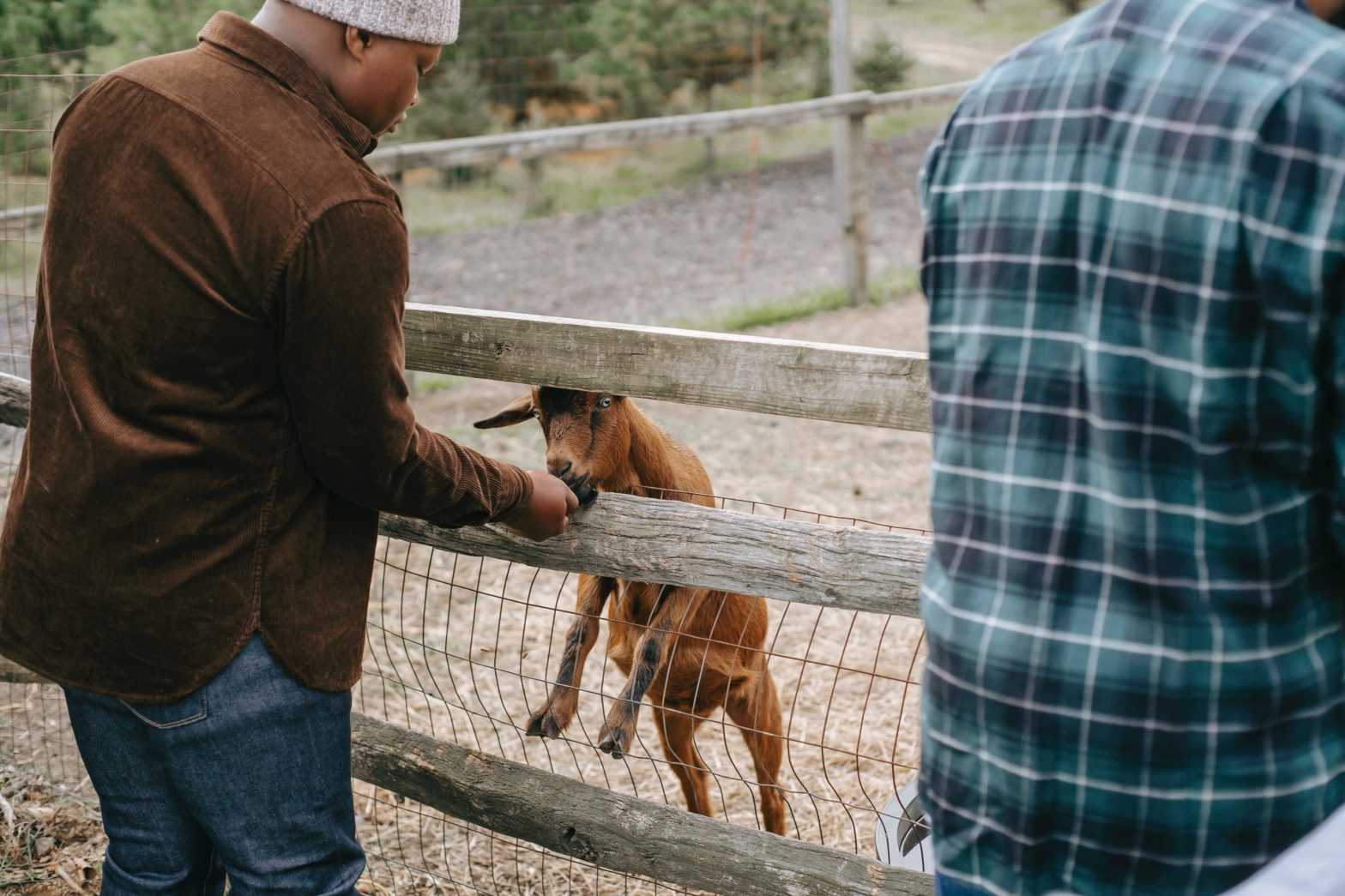Everyone has had that late-night thought to sell all of their belongings and move into the forest. Right? Maybe not, but if you have ever thought about living off the grid, there are certain steps you need to take to insure your off-grid experience is fun, enjoyable, and comfortable from the moment you hit the road.
Each year, more Black millennials are becoming digital nomads and falling off the grid to enjoy a life of freedom without losing their sense of security. However, there are a few things that need to be handled before taking that chance. Travel Noire sat down with music artist and filmmaker LouTribe Jiggs to get some tricks and tips for living off the grid to help you prepare for your experience off the map.
1. Keep your daily budget in mind

Pixabay.
Living off the grid can come with some unexpected expenses you typically wouldn’t run into when living in a traditional house or apartment. LouTribe suggests always being aware of your daily budget and have money set aside for emergencies.
“When it comes to living off-grid or living alternatively, there are certain things that can come out of nowhere that you would want to have some money put aside for,” LouTribe said.
If you’re living in a vehicle, be sure you’ve estimated the cost for essentials like gas, food, and you’re respective utilities for each day.
2. Learn about the area you’re living in

Fabio Eckert.
When living off-grid, it’s important to learn about the area you plan on living in. LouTribe says to seriously take time to explore the area and landmarks around that space. It’s important to know where important resources are in that community as well like hospitals, gas stations, grocery stores, post offices, and police stations. Before setting up shop, research the area and take account of where important locations are that you might need to access in the future.
3. Find out different ways to power your home

Think about the different utilities you plan on using while off-grid and determine the best way to power your mobile home. For LouTribe, a propane tank has been the best option for providing gas for cooking to his bus. However, it is important to educate and familiarize yourself with setting up power systems to ensure your home’s safety.
“Learn about safety and venting so there won’t be any propane leaking into your bus causing problems,” he said.
LouTribe recommends stepping outside of your comfort zone to learn about different systems and operations that will be vital to living off-grid successfully. Other ways to power your home include using solar panels.
4. Get your plumbing together

Dominika Roseclay.
One of the biggest things folks think about when moving off-grid is how they will use the restroom and shower. LouTribe says you should invest in a water tank to make sure you have fresh water not only for the bathroom but for your kitchen sink. The type and size of water tank you need will be based on the size of your vehicle. He also says to be mindful of the size of your water tank to make sure you don’t weigh down your vehicle.
“You want to be mindful of the size of your water tank because water weight is a real thing and weight is an important thing when you’re trying to travel,” he said.
LouTribe suggests doing your research on water tanks to ensure you get the best off-grid plumbing experience. You should have two tanks, one for fresh water and one to catch dirty water. You also are responsible for dumping that water and gauging the number of gallons going in and out each day.
5. Keep it light

Not only should you be mindful of the weight you’re carrying in your water tank, but you should also be aware of the entire load you’re carrying in your vehicle. LouTribe says using lighter materials when building out your bus or van will benefit you in the long run because you won’t be dragging too much weight on the road. When you use heavy materials in your build, you weigh down the vehicle and put more pressure on the engine. This will also cause you to use more gas so keep it light when designing and building the interior of your off-grid vehicle.
6. Be prepared to sacrifice a bit

Living off-grid is a very different experience from traditional housing so be prepared to sacrifice some of life’s conveniences. LouTribe has seen many people underestimate how many things change when you move off-grid.
“It’s a lot of people who want to get into the lifestyle but they don’t know that you might have to sacrifice some things to get other things,” he said. “Like you might have to have a little bit of kitchen space in order to have your bathroom. Or you might not be able to have the big desk or giant TV you want because you need space for something else.”
The filmmaker and musicians suggest figuring out exactly what you want in your home and what you need to feel comfortable when designing your space to ensure you have what you need and want.
7. Coordinate receiving mail

For LouTribe, the best approach to receiving mail has been to have it sent to a close family member’s home. So when you’re living off-grid, be sure to decide what would be the best method for receiving important letters and correspondence through the mail. If you have a trusted friend or family member, ask them if you can have your mail forwarded to their home and set up a schedule to regularly pick up your mail. If that’s not an option for you, consider setting up a P.O. Box at a post office near the area you’ll be residing.
8. Have a way to make income

Pixabay.
Before going off-grid, LouTribe suggests having a game plan for how you will generate income while on the road. There are a ton of remote, online employment opportunities available that off-grid residents can tap into.
“Most people who are on the road do a lot of digital nomad jobs,” he said. “There are a lot of online jobs you can get.”
Check out some online job boards to see what remote positions are available in your field.





